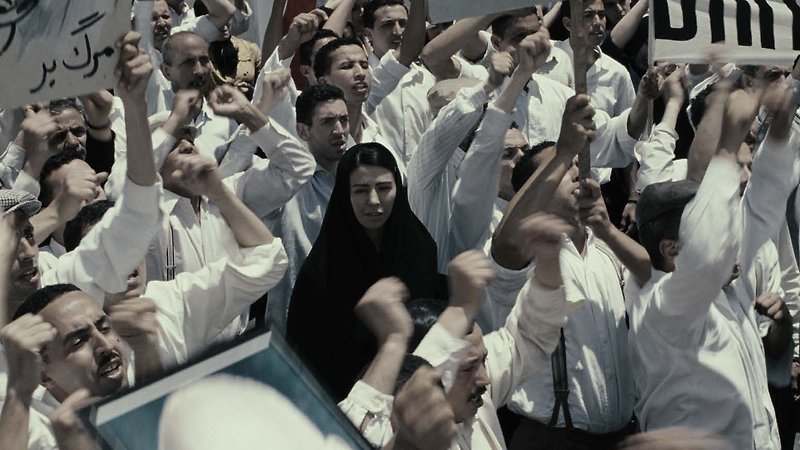In images of arresting purity and composure, expatriate Iranian photographer and video artist Shirin Neshat elaborates a haunting sense of women’s lives and options in Iran in 1953. Best Director, Venice Film Festival.

Iranian women are oppressed, but they are not losers and they are really defiant, they are a powerful force in the community.
Screened as part of NZIFF 2010
Women without Men 2009
Zanan bedoone mardan
In images of arresting purity and composure, expatriate Iranian photographer and video artist Shirin Neshat elaborates a haunting sense of women’s lives in Iran in 1953, when a British- and American-backed coup handed power to the Shah and eliminated the possibility of secular democracy in Iran for decades to come. Adapted from a novel by Iranian author Shahrnush Parsipur that is banned in Iran, the film weaves together the stories of several women from different levels of society whose fates have been variously shaped by their faith.
The two women with the greatest class difference – the wealthy, unhappy wife of a general, and a prostitute tormented by visions of faceless men – are especially compelling figures, but this episodic film affords us haunting insights into many worlds. Neshat injects heightened social realism with fantasy, bringing her characters together in a luscious garden, where they have parties, sing and can talk freely about any subject they like. She has dedicated her poignant contemplation of freedom denied to the demonstrators who took to the streets in Tehran in 2009. — BG
“This isn’t an angry feminist rant about men oppressing women… It is more a dream of what could have been, an examination of how few options these women have. And unlike some films about similar topics, this film doesn’t look to western education or culture for a solution… Neshat has brought an extraordinary sense of style to a topic that is normally overwhelmed by people's need to make a political statement. Through muted colours and hushed tones, her own statement resonates more strongly.” — Francesca Steele, The Times